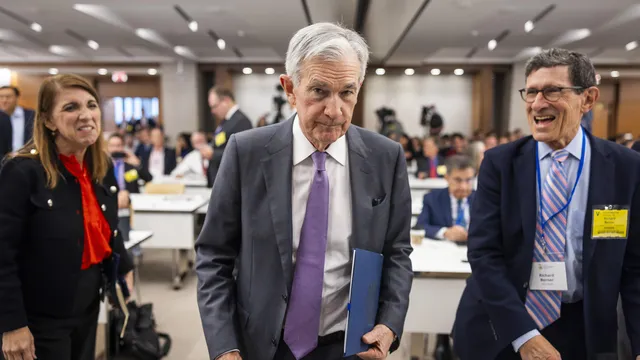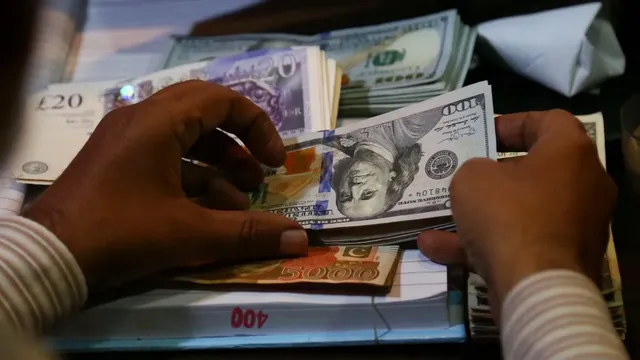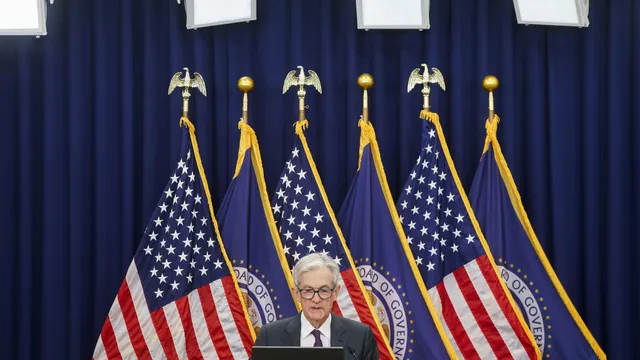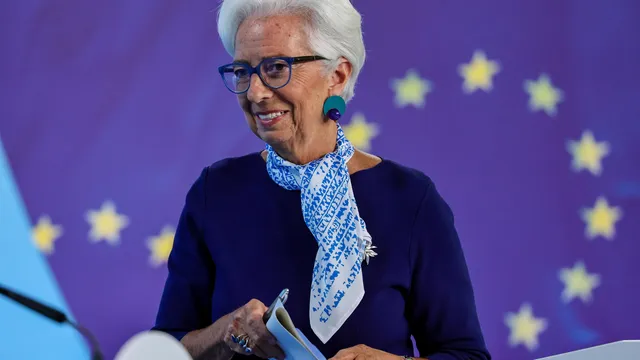The US Federal Reserve has left its key interest rate unchanged for the fourth consecutive meeting, while forecasting higher inflation and weaker economic growth for 2025. The decision comes amid mounting political pressure from President Donald Trump, who has sharply criticized the central bank and its chairman, Jerome Powell.
After a two-day meeting, the Fed announced that it was keeping its key interest rate in the range of 4.25% to 4.50%, while forecasting two interest rate cuts in 2025, in line with previous forecasts.
The decision is almost certain to draw disapproval from Trump, who has been pushing for faster rate cuts for months. In a statement from the White House on Wednesday, just hours before the central bank's decision, he did not hold back on his scathing comments:
“We have a very foolish person, to be honest, at the Federal Reserve,” Trump said, referring to Powell.
“We have no inflation, we have only success, and I would like to see lower interest rates... Maybe I should go to the Fed. Can I appoint myself?” the president added.
In a statement released after the meeting, the Fed said that “uncertainty about the economic outlook has diminished but remains elevated.” The central bank revised its growth and inflation forecasts, lowering its economic growth expectations for 2025 from 1.7% to 1.4%, while the inflation forecast was raised to 3.0%, with unemployment expected to reach 4.5%.
Although the expectation for two interest rate cuts during the year remains, more and more members of the Monetary Policy Committee are in favor of keeping interest rates unchanged in 2025.
The decision is in line with market analysts' expectations, who are betting on a cautious approach by the Fed in the context of the still unclear effects of Trump's trade policy and foreign policy uncertainty.
Although the White House insists that there are no serious signs of inflationary pressure, economists warn that the impact of the tariffs will be felt with some delay, especially in consumer prices. For now, the effects are being mitigated by the use of old stock and the partial postponement of the harshest tariffs. | BGNES, AFP

 Breaking news
Breaking news
 Europe
Europe
 Bulgaria
Bulgaria







